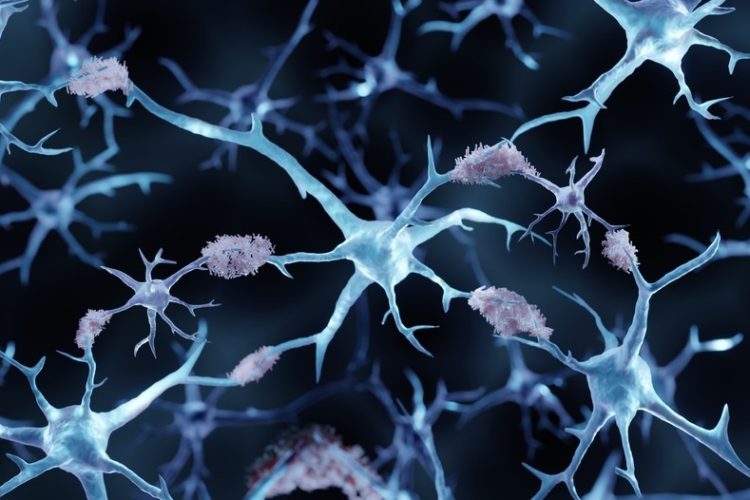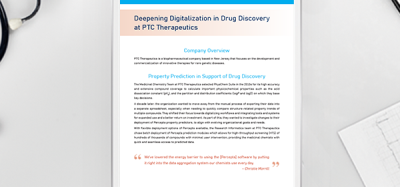FDA and NIH partner to understand ALS
Posted: 22 September 2022 | Catherine Eckford (European Pharmaceutical Review) | No comments yet
The Critical Path for Rare Neurodegenerative Diseases (CP-RND) partnership was launched to develop breakthrough treatments for neurodegenerative diseases like amyotrophic lateral sclerosis (ALS).


The US Food and Drug Administration (FDA) and the National Institutes of Health (NIH) have launched the Critical Path for Rare Neurodegenerative Diseases (CP-RND), a new public-private partnership designed to further understand neurodegenerative diseases and advance treatment development for amyotrophic lateral sclerosis (ALS) and similar rare neurodegenerative conditions.
Identifying and actioning solutions to fast-track drug development for the diseases is a vital aim of the project. “The partnership we are announcing today will leverage the shared expertise of all participants to create a path towards new breakthroughs in treating these diseases,” commented FDA’s Chief Medical Officer, Dr Hilary Marston. Due to the progressive, and eventually fatal nature of the diseases, finding a cure quickly is of upmost importance to the pharmaceutical community.
The collaborators will utilise the Critical Path Institute (C-Path) to help manage their communications. C-Path’s involvement in the initiative will be to unite rare neurodegenerative disease experts in the patient community and advocacy groups.
“This public-private partnership will convene the entire ALS community to develop novel strategies and approaches to therapy development and clinical testing with the goal to finally produce a treatment that stops the tragic progression of ALS,” added Dr Walter Koroshetz, Director of the National Institute of Neurological Disorders and Stroke (NINDS), part of the NIH.
Patient-focused drug development will be a key effort for the CP-RND. Additionally, the FDA-funded Rare Disease Cures Accelerator-Data and Analytics Platform (RDCA-DAP) will collate scientific data on rare neurodegenerative diseases, aiding the classification of neurodegenerative diseases and their natural history, as well as the identification of their molecular targets. Another aspect of improvement will be to boost efficiency, predictability and productivity of clinical therapies.
Earlier this year, the FDA announced a new five-year strategy to speed up the timeline in which ALS patients can access critical therapies. Its alliance with the NIH is key part of that timeline – and it promises to strengthen future innovations.
Related topics
Drug Development, Industry Insight, Research & Development (R&D), Therapeutics
Related organisations
US Food and Drug Administration (FDA), US National Institutes of Health (NIH)









